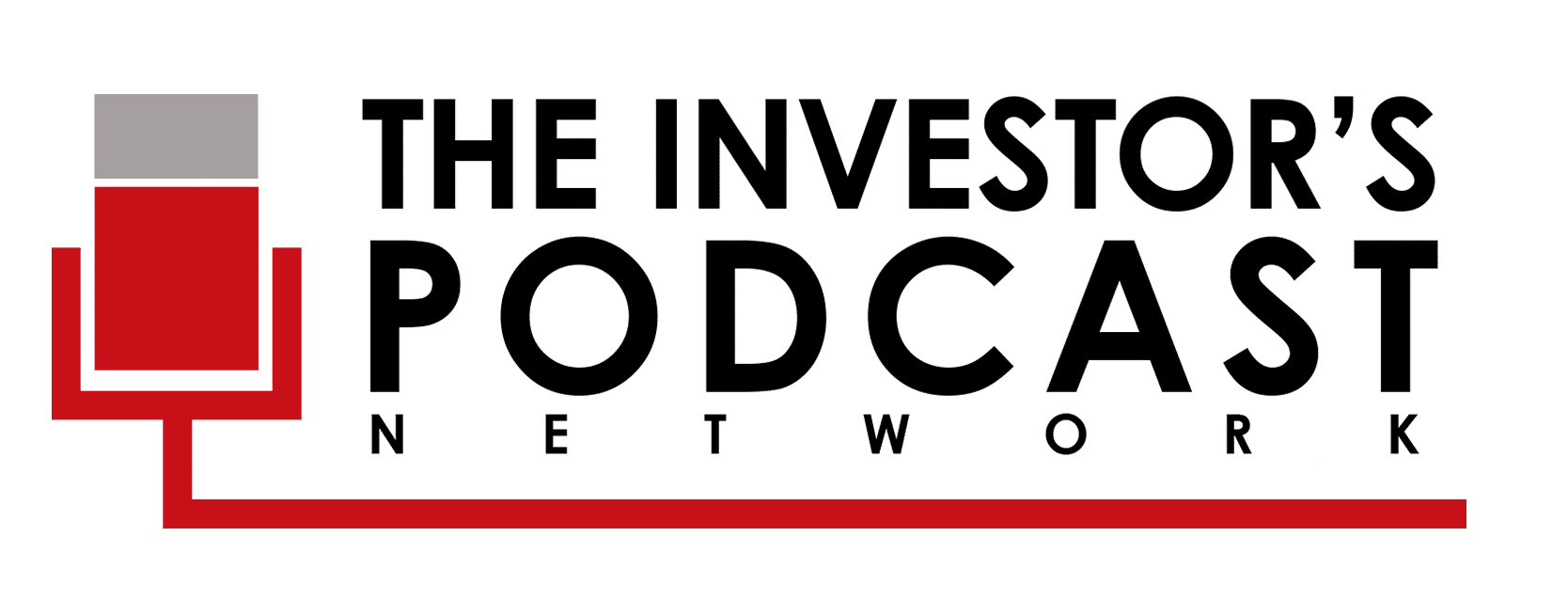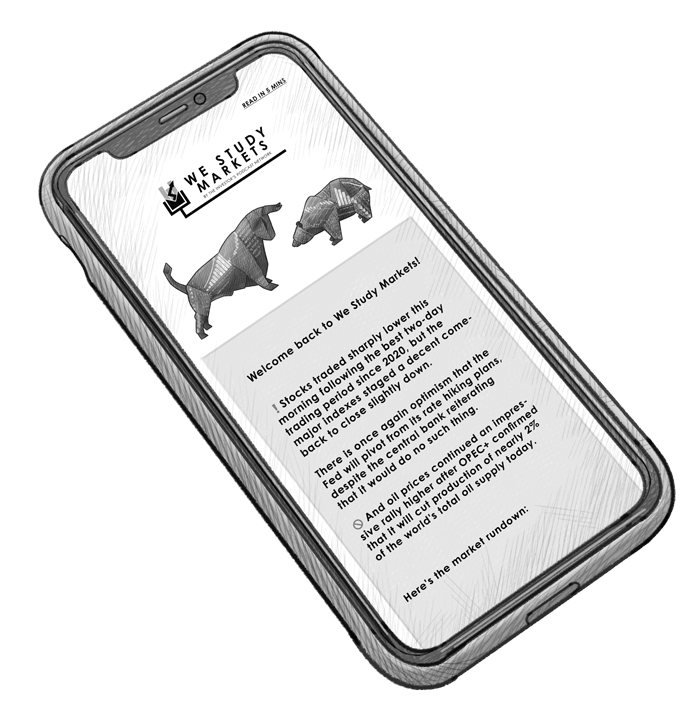By David Stein from Moneyfortherestofus.com
16 July 2017
Exercising Options
Aristotle in his work Politics tells the story of the philosopher Thales of Miletus who “because of his poverty was taunted with the uselessness of philosophy.” Tired of this incessant badgering, Thales decides to make some money so he can prove as Aristotle writes “that it is easy for philosophers to be rich if they choose, but this is not what they care about.”
Thales determines in winter that there is going to be a bounty olive harvest that summer so he raises a small sum of money to place deposits to secure the right to use all of the olive presses in his region.
When the harvest arrived, Artistotle writes, “there was a sudden demand for a number of presses at the same time, and by letting them out on what terms he liked
[Thales] realized a large sum of money.”
Profiting from a Lack of Knowledge
Aristotle suggests it was Thales knowledge of astronomy that gave him the foresight to profit from a large harvest of olives by renting out the olive presses at such high rates.
Yet, Nassim Nicholas Taleb points out in his book “Antifragile” that “Thales put himself in the position to take advantage of his lack of knowledge.”
Thales paid small deposits that gave him the right but not the obligation to use the olive presses if there was a surge in demand. He structured an options contract with an asymmetric pay-off.
If the harvest was poor, his losses would be limited to the deposit premiums he made. If the harvest was great, his gains would be many times what he paid to secure the use of the olive presses. Thales didn’t need to know if the harvest would be good or bad. He was protected against the downside of a poor harvest, but could capture the upside of a great harvest.
Asymmetric Payoff
Mihir A. Desai in his book “The Wisdom of Finance” writes, “People in finance love options because of the nature of the asymmetric payoff. Losses are contained and gains are unlimited. And experiences that create optionality—educational experiences, for example—are valued precisely because of the asymmetric nature of the payoffs.”
Thales structured a financial option. Modern financial options include calls and puts on specific stocks or ETFs where investors pay a premium that gives them the right but not the obligation to buy or sell an asset.
Taleb writes, “Explicit options tend to be expensive to purchase much like insurance contracts. They are often overhyped. But because of the domain dependence of our minds, we don’t recognize it in other places, when these options tend to remain underpriced or not priced at all.”
Trial and Error
A common non-financial option is the process of trial and error. When we experiment and try new things, the cost in terms of money or time is small, but the potential upside of what we learn can be great, particularly if we iterate and take those learnings and apply them to our next experiment.
Taleb writes, “Any trial and error can be seen as an expression of an option, so long as one is capable of identifying a favorable result and exploiting it.”
In business, it is far better to implement ideas with low cost prototypes of goods or services in order to get early feedback from the marketplace rather than invest heavily in time and money before launching only to find the product or service wasn’t what potential customers or clients wanted.
Drifting
I recently picked up a hitch hiker named Trez on my way to Denver. He is 23 and was on his way back to his father’s house after spending time in Oregon. Trez has plenty of options. He has no debt, good health, intelligence, but he has one problem. He is unwilling to commit to anything. I asked whether he had considered starting a blog about his travels and he said he wasn’t good at sticking with things so there wasn’t any use in starting.
Committing
Desai writes, “Any commitment necessarily must overcome the loss of option value that choices close off. So commitments of various kinds become difficult given the extra burden they bear. It is not uncommon to hear people in finance talk about marriage as the death of optionality. Implicitly, the act of marriage is characterized by the loss of something—future choices—rather than the beginning of something. As a result, a focus on the creation and preservation of choices can ironically lead to an inability to make choices.”
It is great to have options, but at some point we have to choose. We have to initiate a process of trial and error in an area that we are curious about. We have to act.
Making meaningful commitments helps us to focus and improve. Options are worthless if we never exercise them.
This article by David Stein was originally published on Moneyfortherestofus.com. You can listen to the podcast episode below.




